US mulls cash transfers to C. American nations to halt refugee flow
The US government is mulling a cash payment scheme to allied Central American countries in its bid to help address economic woes that it claims has caused the rush to its southern borders by masses of Latin American refugees.
The possible cash transfer program would be targeted at people in the Northern Triangle region of Guatemala, Honduras and El Salvador, said White House’s Southern Border Coordinator Roberta Jacobson on Saturday in an interview with the UK-based Reuters news agency, without elaborating on how such cash payments would be distributed.
“We’re looking at all of the productive options to address both the economic reasons people may be migrating, as well as the protection and security reasons,” added Jacobson, who is due to quit her White House job at the end of the month for unspecified reasons.
While she did not elaborate on how the cash payment scheme would work, the White House official vaguely added, “The one thing I can promise you is the U.S. government isn’t going to be handing out money or checks to people.”
The development came after nearly 170,000 people were detained by US Border Patrol agents along the US-Mexico border last month -- setting a new monthly record since March 2001 – amid the steadily surging number of arrivals in recent months.
The new administration of US Democratic President Joe Biden, meanwhile, has called for $4 billion in development aid to Central America over four years to purportedly address “underlying causes of migration” and requested $861 million from Congress for the effort in Biden’s first annual budget proposal.
Censuring Biden’s idea of the cash transfers, top Republican lawmaker in the US House of Representatives Kevin McCarthy said in a Friday statement that “it’s insulting to the millions of Americans who are out of work or facing despair in our country.”
A spokesman for the U.S. Agency for International Development (USAID), which administers foreign aid, told Reuters in a statement that it is already using cash transfers in programs “to help people meet their basic needs” in the wake of severe hurricanes in Central America in late 2020. USAID is considering expanding the efforts going forward, the spokesman said.
The United States in the past has used the USAID’s Office of Transition Initiatives to fund work-for-cash programs in post-conflict nations such as Colombia. Such programs can include labor-intensive rural road-building projects.
Mexico has proposed similar cash transfer programs as an option during recent meetings with U.S. envoys in Mexico City, a senior Mexican official said. The Mexican government has piloted such projects on a limited scale in Central America, modeled on cash grants it gives to the young unemployed and small farmers, a key pillar of President Andres Manuel Lopez Obrador’s domestic welfare programs.
Pointing to possible US efforts to send COVID-19 vaccines to the impoverished Central American nations – ruled by corrupt governments closely allied to Washington -- Jacobson further noted that no decision has been made regarding whether to prioritize sending vaccines to the so-called Northern Triangle countries, but added that the Biden’s administration would consider how vaccines could help the nations’ ailing economies.
This is while Central American countries have encountered some of the longest waits in the Americas to receive their first vaccines. Frustrated by the long wait, some regional governments have begun turning to China and Russia for help, with increasing success.
VIDEO | Press TV's news headlines
Thousands rally in Australia against Israeli president's visit as police use pepper spray
Child among four killed as Israel attacks southern Lebanon in ceasefire breach
Russia vows ‘all possible assistance’ to Cuba as US squeezes oil supplies
Hezbollah leader: Israel‑US aggression is Lebanon’s main challenge
Muslim nations condemn Israel’s new West Bank settlement laws
Iraq executes ex-Saddam official over 1980 killing of Shia cleric Baqir al-Sadr
Iran could dilute 60% enriched uranium if ‘all sanctions lifted’: Nuclear chief



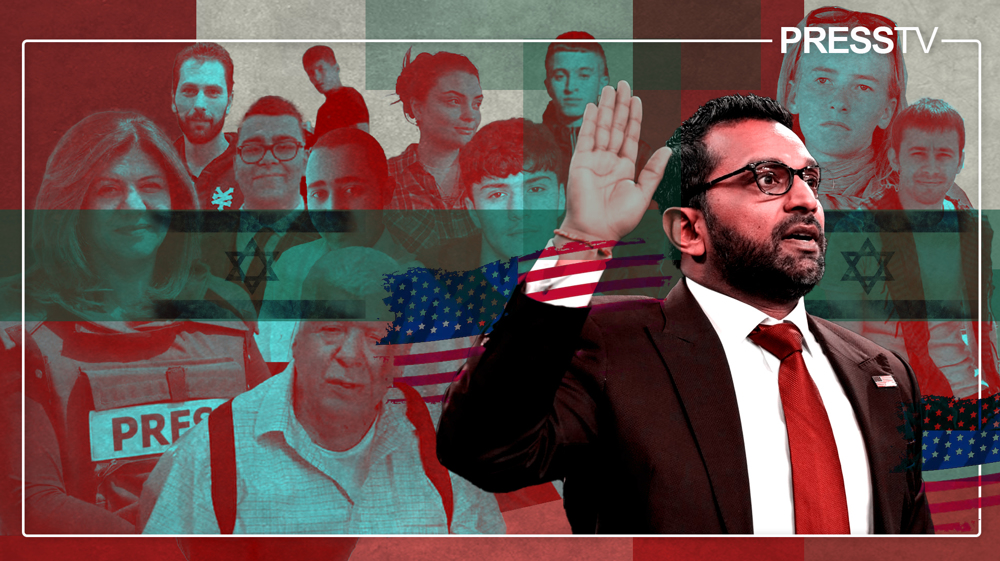
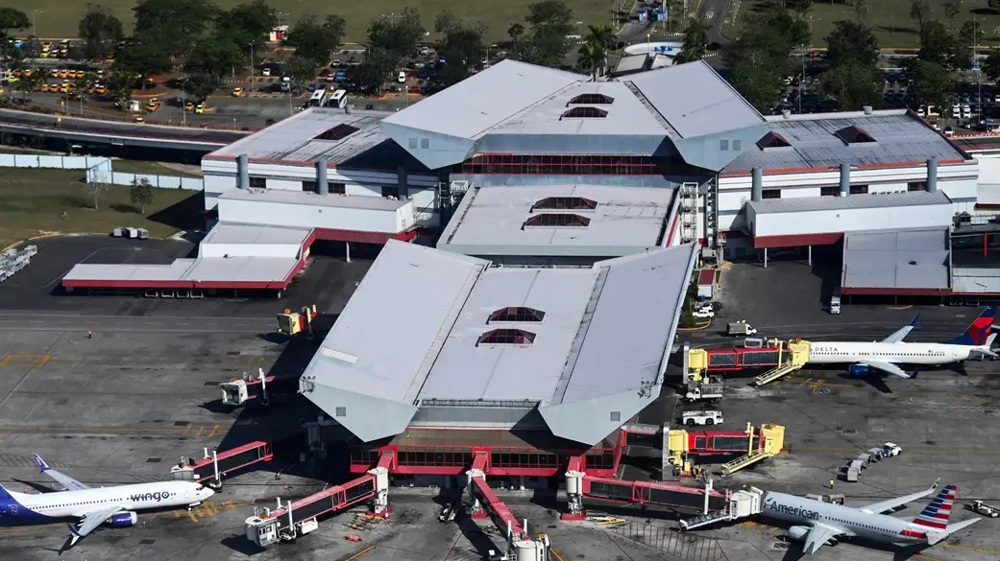
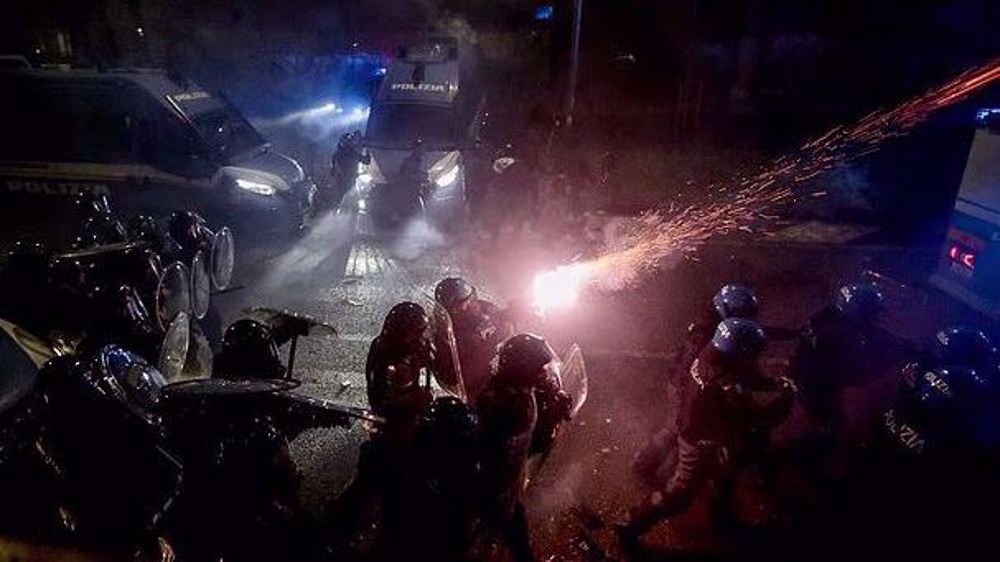



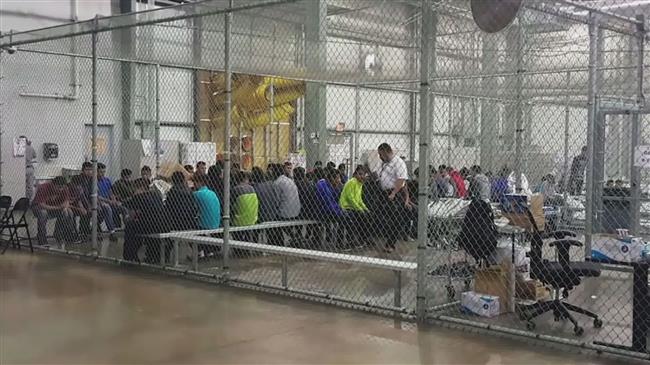
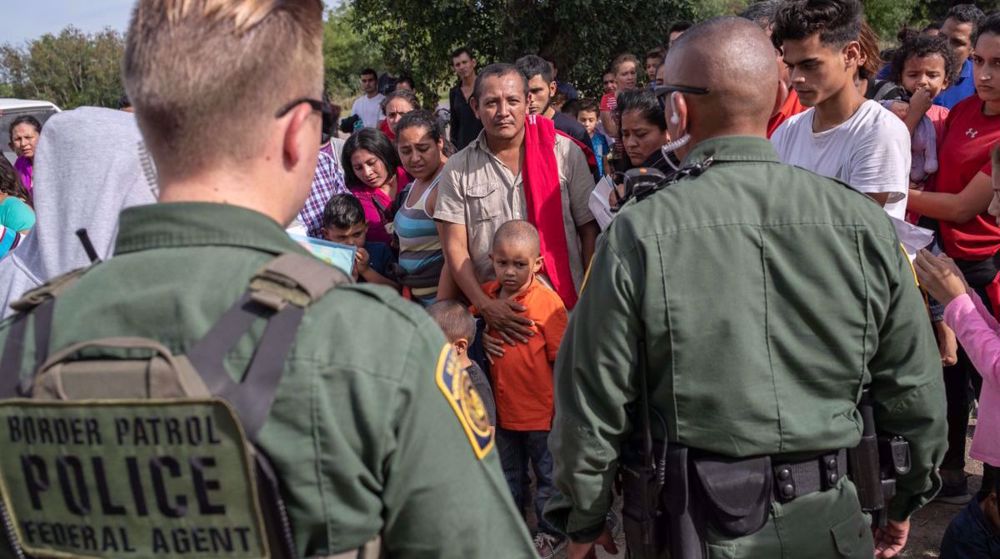



 This makes it easy to access the Press TV website
This makes it easy to access the Press TV website